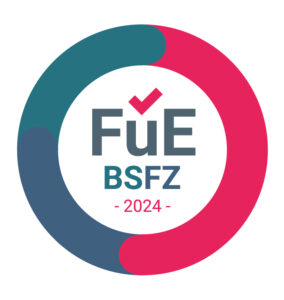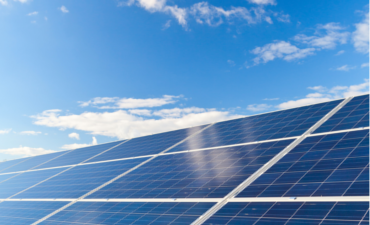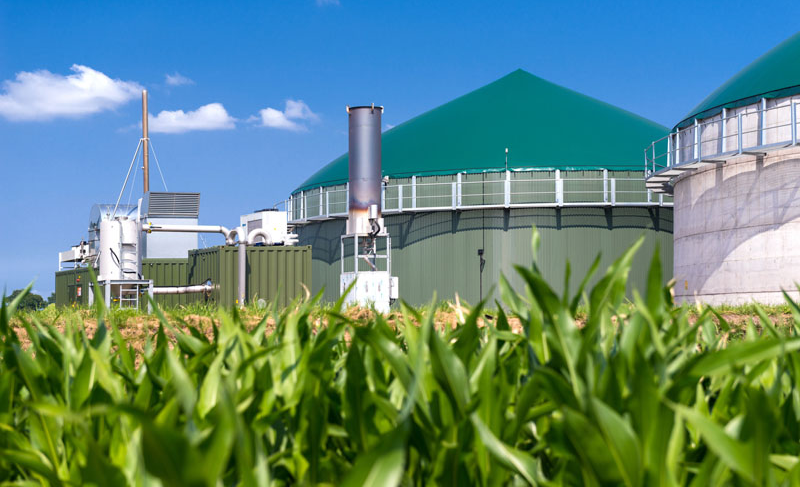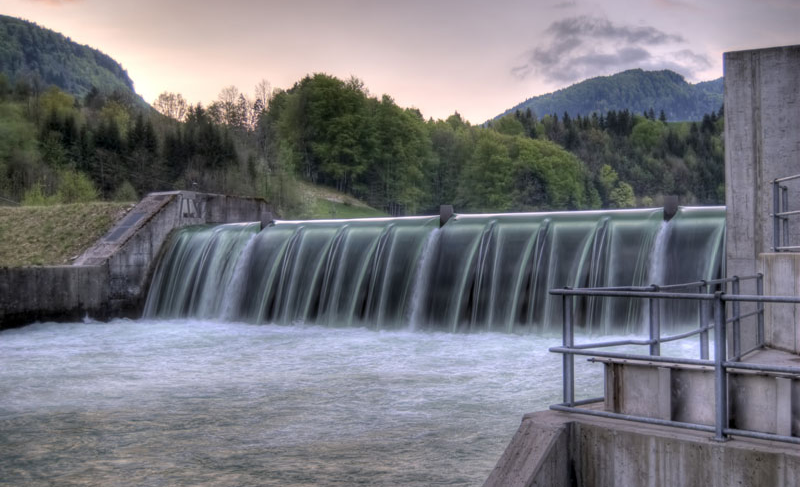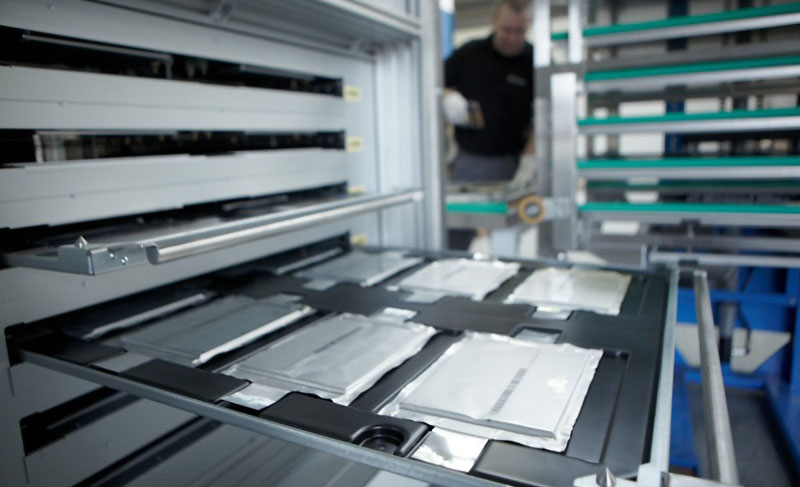E-mobility
The successful implementation of the mobility and energy transition in Germany is only possible with e-mobility, including bidirectional charging. In the future, these electric vehicles will not only be controllable loads, but will also be able to temporarily store electrical energy and feed it back into the building or the power grid (“vehicle-to-grid”) as required.
Bidirectionality can open up new potential both from an economic perspective for end customers and the energy market, as well as from a grid technology perspective in terms of stability and reliability. For the implementation of bidirectional charging, additional requirements must be met that go beyond those set out in the VDE FNN Technical Connection Rules VDE-AR-N 4105 and 4110 and go beyond the grid-oriented integration of the charging process for electric vehicles. In the future, these mobile storage systems will take on grid-forming and system-supporting tasks.
This means that the requirements for the charging infrastructure and for the vehicle are largely the same as for conventional generation systems, regardless of the operating mode. In order for the potential to be tapped across manufacturers and in an interoperable manner, the charging infrastructure and vehicles must first be electrically measured and certified accordingly. This is done in the unit certification, which forms the basis for the system certification. M.O.E. can cover all testing, simulation and certification processes in-house.
M.O.E. is represented in all relevant committees from the VDE FNN to the committees of the FGW TR8 (certification), TR3 (measurement) and TR4 (simulation) and has the corresponding guideline competence. Benefit from our know-how and experience in the field of e-mobility.
If you have any questions about certification or other services relating to e-mobility, please do not hesitate to contact us.

Kay Genzmer – Your contact person

Please contact me if you have any questions on the following topics:
Please call us at +49 (0) 4821 6453 – 100 or send us your message.
You might also be interested in
Awarded and certified
Accredited as a certification body according to DIN EN ISO/IEC 17065, inspection body according to DIN EN ISO/IEC 17020 and as a testing laboratory according to DIN EN ISO/IEC 17025 by the German Accreditation Body (DAkkS). Formerly recommended by the Bundesverband der Energie- und Wasserwirtschaft e.V. (BDEW) and currently by FGW e.V. – Fördergesellschaft Windenergie und andere Erneuerbare Energien.






